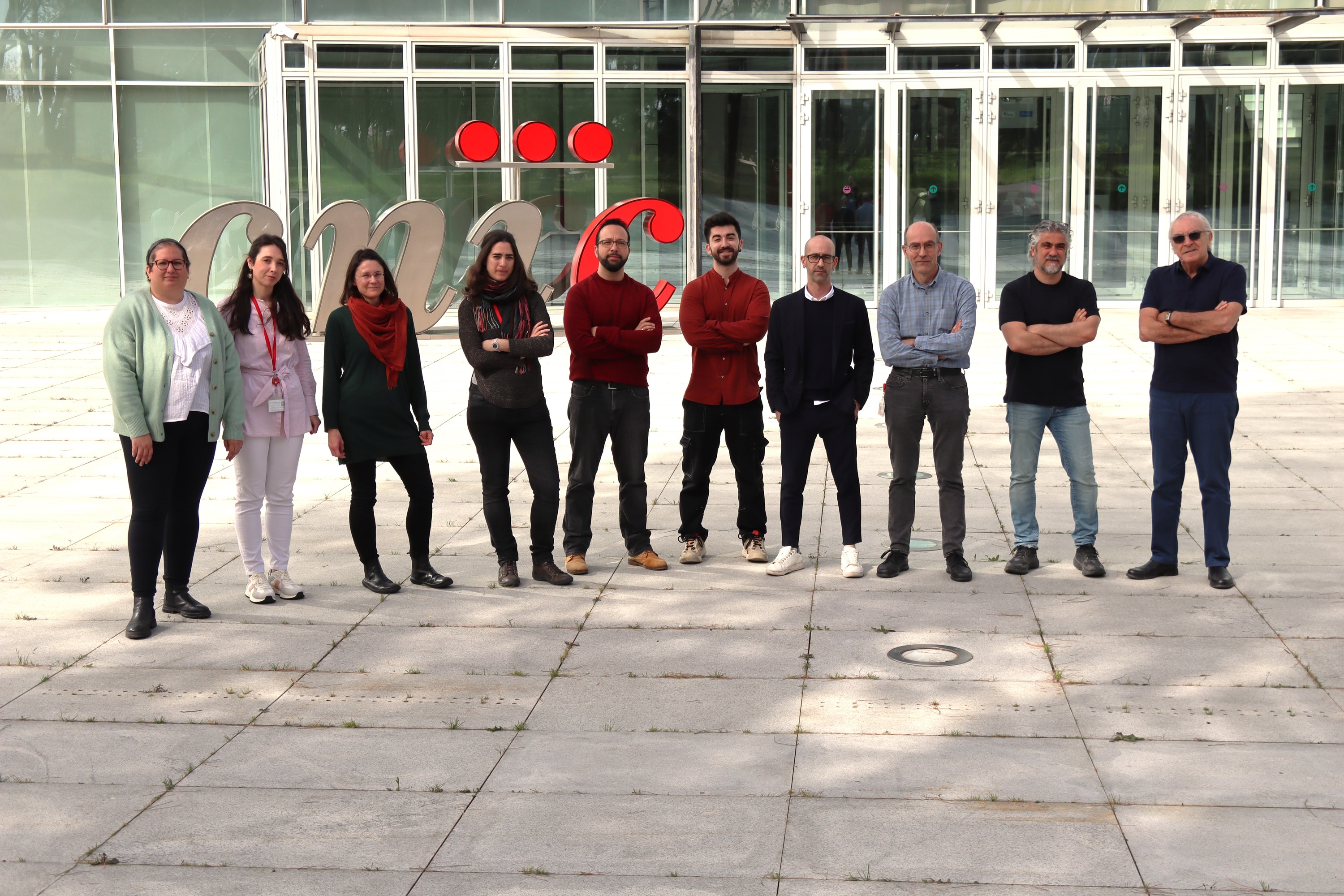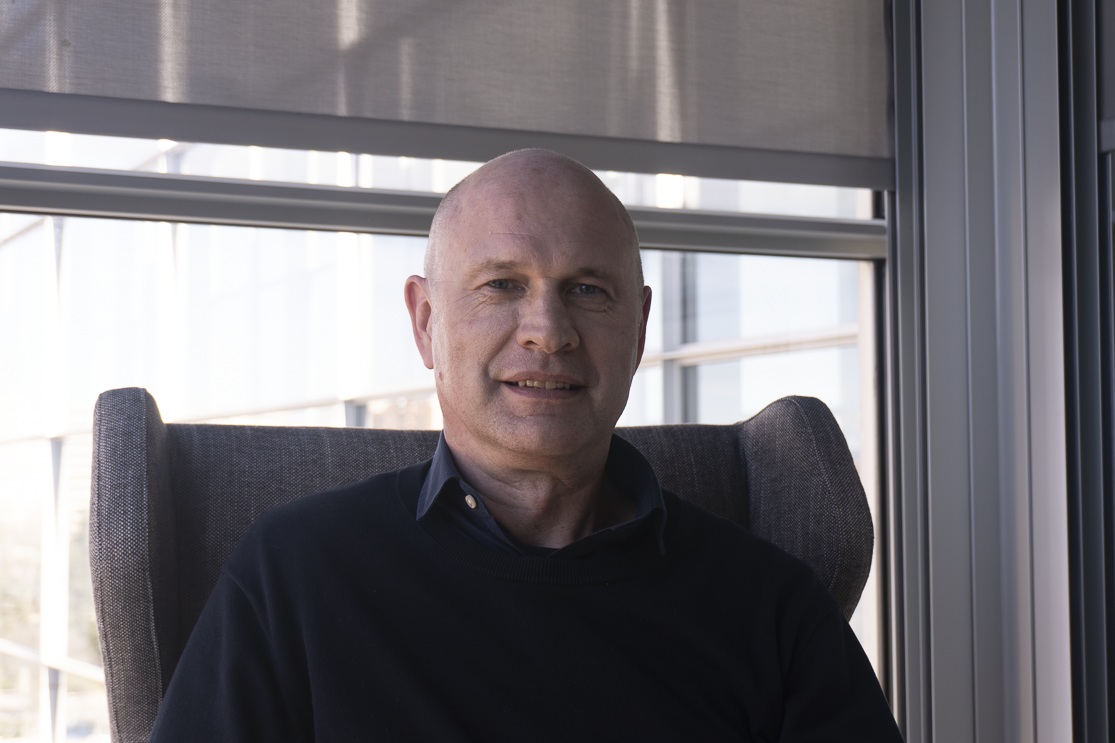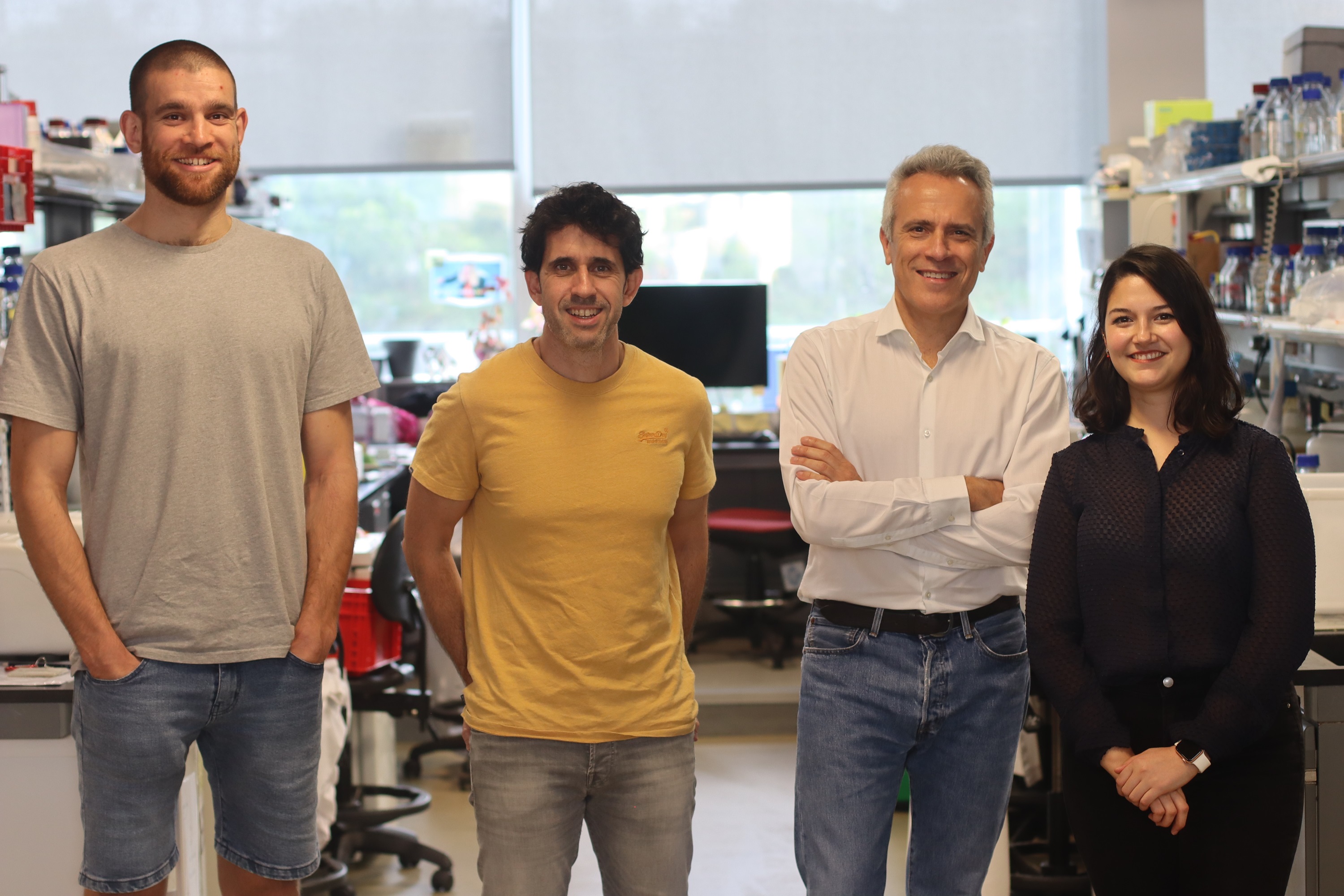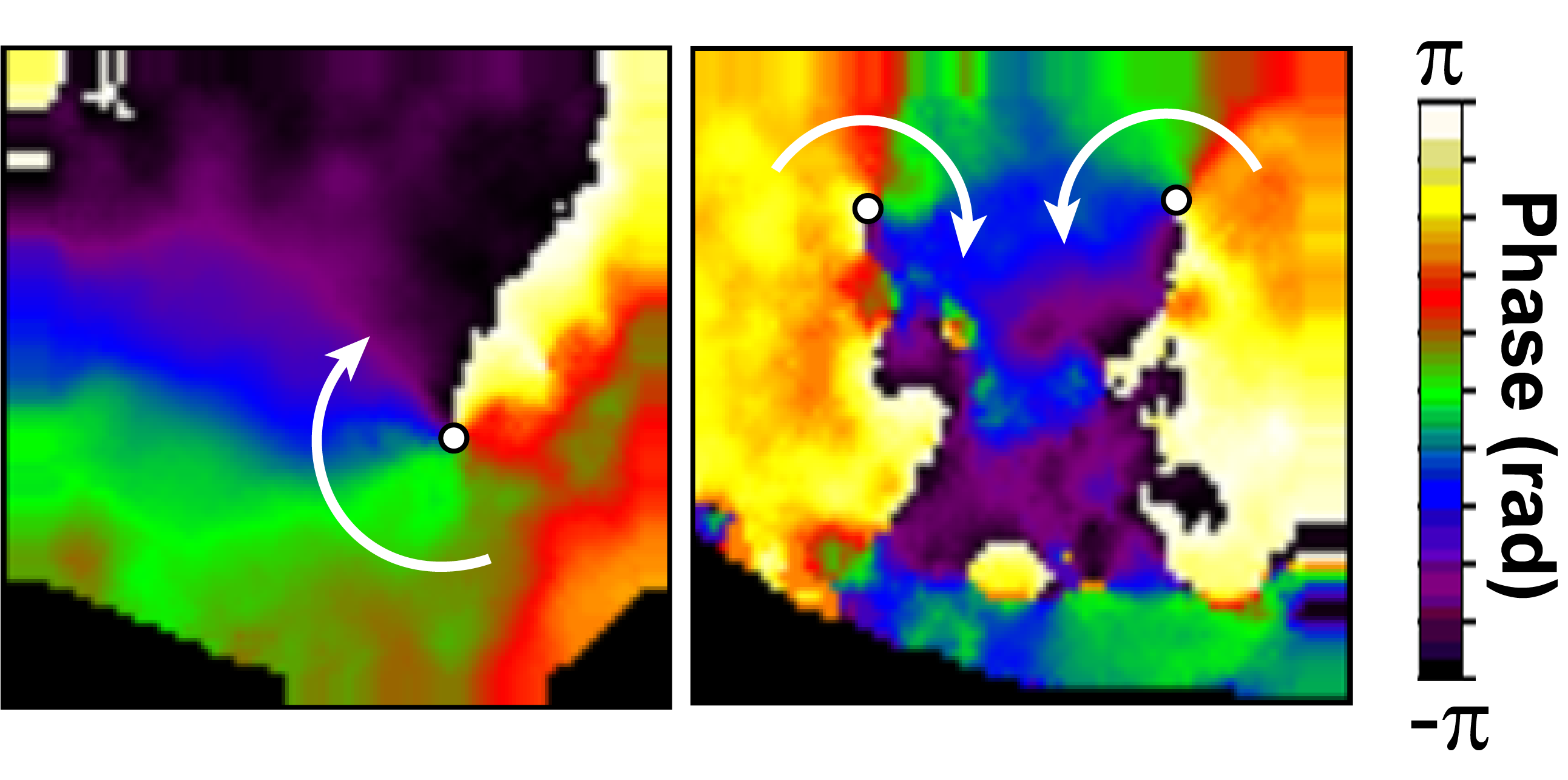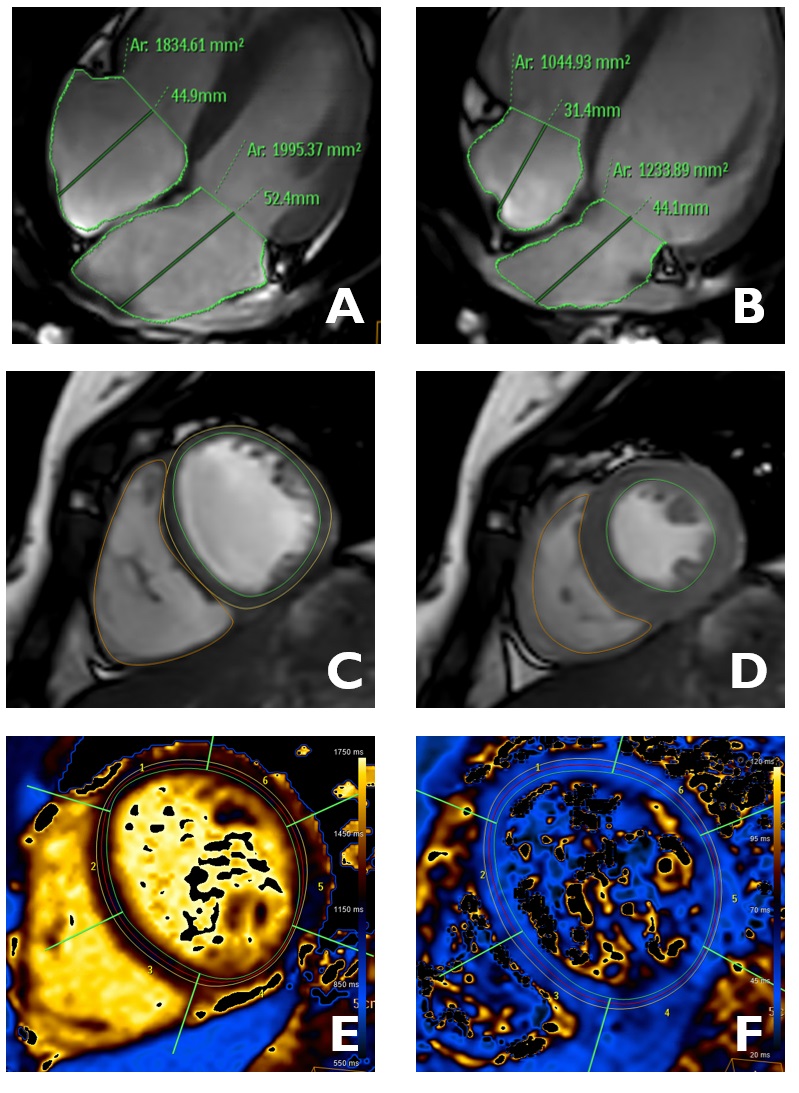News search
|
Research 11 Apr 2024 CNIC researchers, led by Dr. José Jalife, have made a key discovery about cardiac arrhythmias in Andersen-Tawil syndrome (ATS) |
|
Research 11 Dec 2023 The findings, published in the journal Circulation Research, not only highlight the gene regulatory mechanisms that control valve formation, but also offer clues for future medical advances |
|
Research 21 May 2023 The team led by Dr. Pablo García-Pavía, based at the CNIC and Hospital Puerta de Hierro, has published the first study of a drug able to remove amyloid deposits from the heart |
|
Research 3 Mar 2023 The results, published in eClinicalMedicine, have direct implications for clinical practice by providing a list of reference values for a multitude of cardiac parameters used in daily practice |
|
Research 19 Dec 2022 The finding provides a basis for mitigating the loss of muscle regenerative capacity in elderly people and for improving muscle repair in young healthy people |
|
Research 29 Nov 2022 The experimental study, led by researchers at the CNIC, shows that boosting the expression of this adrenalin receptor in heart cells improves mitochondrial function in the heart |
|
Research 9 Aug 2022 A new study published in eLife shows that inhibition of p38γ/δ is a potential therapeutic strategy for the treatment of hypertrophic cardiomyopathy, but that this strategy has yet to be explored because of the lack of specific inhibitors for these p38 family members |
|
Research 17 May 2022 The 3D atlas has allowed the scientists to identify the beginning of left–right asymmetry in the heart |
- ‹ previous
- 2 of 5
- next ›
